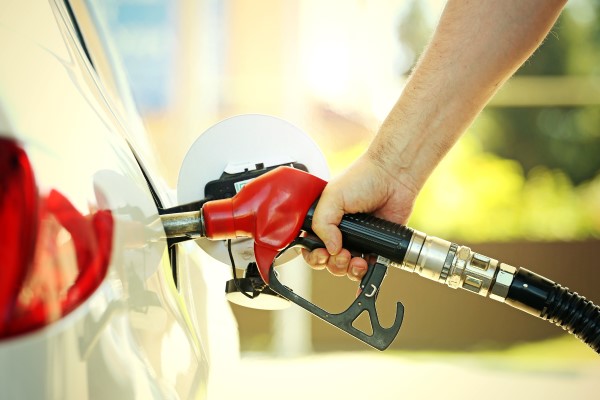U.S. Pump Prices Head for Highest Since 2014 as Hacked Fuel Pipeline Shut
NEW YORK (Reuters) — U.S. gasoline prices at the pump jumped 6 cents in the latest week and could soon be headed for the highest level since 2014 due to the supply disruption caused by a cyber attack on the country's biggest fuel pipeline system.

The ransomware attack forced Colonial Pipeline to shut down its system on Friday. Some smaller lines were restarted Sunday. Colonial on Monday said it expects to "substantially" restore operational service by the end of the week.
The network ships more than 2.5 bpd of gasoline, diesel and jet fuel from the Gulf Coast to populous southeastern and northeastern states.
After gas prices increased 6 cents per gallon in the latest week, the average price stood at $2.967 per gallon for regular unleaded gasoline compared with $2.904 a week earlier, the American Automobile Association said.
An increase of 3 more cents would make the national average the most expensive since November 2014.
The southeastern United States will be the first to see price rises at the pump due to the supply disruption caused by the shutdown - and demand has already picked up as drivers fill their tanks, industry experts said.
Areas including Mississippi, Tennessee and the East Coast from Georgia into Delaware are most likely to experience limited fuel availability and price increases as early as this week, said AAA spokeswoman Jeanette McGee, adding that those states may see prices increase 3 to 7 cents this week.
"The shorter the pipeline shutdown, the better news for motorists," McGee said.
Parts of Florida, Georgia, Alabama, South Carolina, North Carolina, and Tennessee rely on the line for their fuel supplies and some of them suffered acute localized shortages and spikes in prices at the pump during previous shutdowns. Airlines in the region would also be vulnerable to a prolonged outage, said Tom Kloza, founder of the Oil Price Information Service.
"I went to five stations before I found a station that had premium only," said Katina Willey, 48, in Milton, Florida. "My husband had the same issue this morning trying to fill up for the week. There were lines at three of the five stations I tried."
U.S. gasoline demand is picking up as more people are vaccinated against COVID-19 and begin to travel more. The peak demand summer driving season begins at the end of May.
Experts also urged drivers to avoid panic buying.
"Motorists are well advised not to strain the system by filling up or beating price adjustments - for they may make the problem much more severe," said Patrick DeHaan, head of petroleum analysis at fuel tracking firm GasBuddy.
Related News
Related News

- Kinder Morgan Proposes 290-Mile Gas Pipeline Expansion Spanning Three States
- Enbridge Plans 86-Mile Pipeline Expansion, Bringing 850 Workers to Northern B.C.
- Intensity, Rainbow Energy to Build 344-Mile Gas Pipeline Across North Dakota
- U.S. Moves to Block Enterprise Products’ Exports to China Over Security Risk
- Court Ruling Allows MVP’s $500 Million Southgate Pipeline Extension to Proceed
- U.S. Pipeline Expansion to Add 99 Bcf/d, Mostly for LNG Export, Report Finds
- A Systematic Approach To Ensuring Pipeline Integrity
- 275-Mile Texas-to-Oklahoma Gas Pipeline Enters Open Season
- LNG Canada Start-Up Fails to Lift Gas Prices Amid Supply Glut
- TC Energy’s North Baja Pipeline Expansion Brings Mexico Closer to LNG Exports




Comments